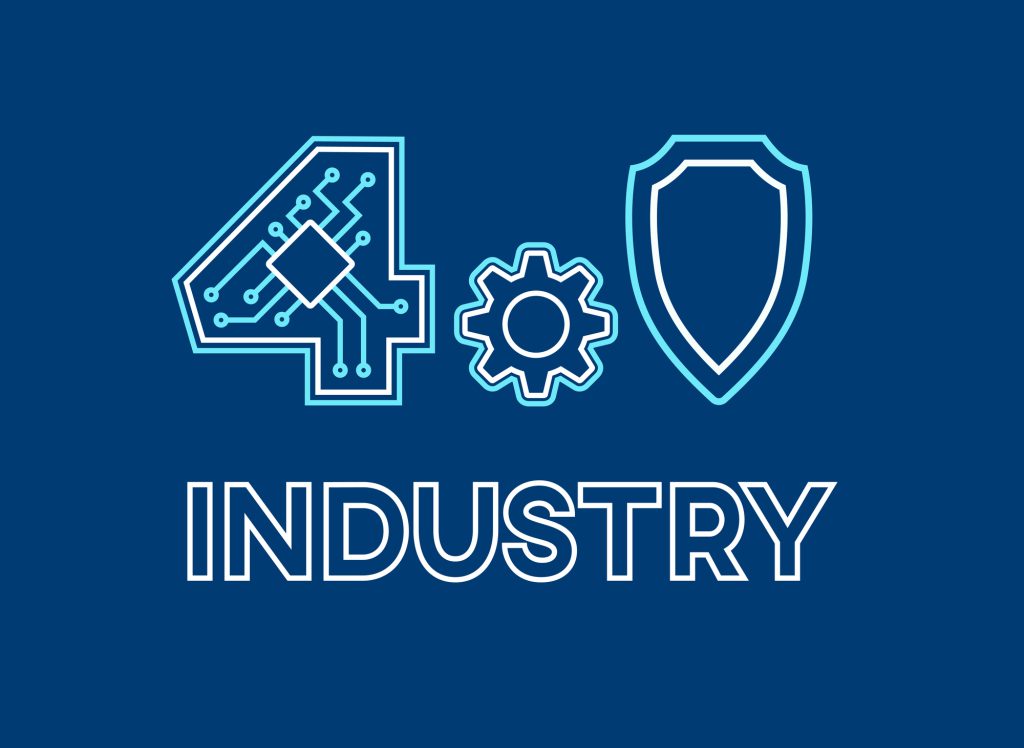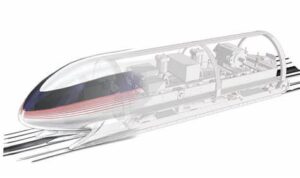Learn more about “Industry 4.0” and explore the myriad of benefits it offers across various sectors!
In the rapidly advancing technological landscape, Industry 4.0 has emerged as a transformative force, heralding the Fourth Industrial Revolution. This paradigm shift brings together cutting-edge technologies, such as the Internet of Things (IoT), artificial intelligence (AI), big data analytics, robotics, and cloud computing, to create smart and interconnected manufacturing ecosystems. Industry 4.0 represents a convergence of digital and physical realms, redefining the way we design, produce, and interact with products and services. In this article, we delve into what Industry 4.0 means and explore the myriad of benefits it offers across various sectors.
Understanding Industry 4.0
Industry 4.0 is not merely an evolution of manufacturing; it marks a revolutionary leap in industrial processes and operations. The term was coined in Germany in 2011 and refers to the fourth major industrial revolution in history. The previous revolutions brought steam power, electricity, and automation, but Industry 4.0 takes it to the next level, leveraging advanced technologies to create smart, autonomous, and data-driven production systems. At its core, Industry 4.0 aims to achieve seamless integration between physical systems and digital technologies to enable intelligent decision-making and enhanced efficiency.
The Pillars of Industry 4.0
Internet of Things (IoT): The IoT forms the backbone of Industry 4.0, connecting devices, sensors, and machines to the internet, enabling data exchange and remote monitoring.
Big Data and Analytics: Industry 4.0 generates vast amounts of data. Big data analytics harnesses this information to derive insights, optimize processes, and predict maintenance needs.
Artificial Intelligence (AI) and Machine Learning (ML): AI and ML power intelligent machines and systems, enabling autonomous decision-making, predictive capabilities, and adaptive behaviors.
Cyber-Physical Systems (CPS): CPS combines physical components with digital systems, allowing real-time communication and control over physical processes.
Cloud Computing: The cloud provides scalable and flexible data storage and processing capabilities, enabling seamless collaboration and data sharing across the manufacturing ecosystem.
Additive Manufacturing (3D Printing): Additive manufacturing allows the production of complex and customized components, reducing lead times and enabling on-demand production.
Benefits of Industry 4.0
Enhanced Efficiency and Productivity: Industry 4.0 optimizes manufacturing processes, reducing downtime, waste, and inefficiencies, leading to increased productivity.
Real-Time Data-Driven Decision-Making: With real-time data insights, businesses can make informed decisions, respond swiftly to market changes, and optimize resource allocation.
Predictive Maintenance: AI-driven predictive maintenance anticipates equipment failures, enabling proactive maintenance, reducing downtime, and lowering maintenance costs.
Mass Customization: Industry 4.0 enables mass customization, producing personalized products at scale to meet individual customer preferences.
Supply Chain Optimization: Connected systems enable end-to-end supply chain visibility, streamlining logistics, inventory management, and demand forecasting.
Quality Improvement: Real-time data monitoring ensures strict quality control, reducing defects and enhancing product quality.
Workplace Safety: Collaborative robots and AI-enhanced safety systems create safer work environments for employees.
Sustainability and Resource Efficiency: Industry 4.0 promotes sustainable practices, optimizing energy and resource consumption for reduced environmental impact.
Industry 4.0 represents a seismic shift in the way industries operate, ushering in an era of intelligent, data-driven, and interconnected manufacturing systems. The convergence of advanced technologies under Industry 4.0 promises unprecedented levels of efficiency, productivity, and innovation across various sectors. Embracing this fourth industrial revolution empowers businesses to remain competitive, agile, and responsive to the ever-changing demands of the global market. As organizations continue to harness the potential of Industry 4.0, they embark on a journey towards a smarter, more connected, and sustainable future. The transformative power of Industry 4.0 is reshaping industries and revolutionizing the way we live and work.
The Perfect Planner Team is here if you have any questions about Industry 4.0, and we offer a free consultation service. If you would like to connect with us on this article or any other topic, please message us on LinkedIn, shoot us an email at info@perfectplanner.io, visit our website at www.perfectplanner.io, or give us a call at 423.458.2979.
Author: Thomas Beil
Publication Date: November 7, 2023
© Copyright 2023 Perfect Planner LLC. All rights reserved.






